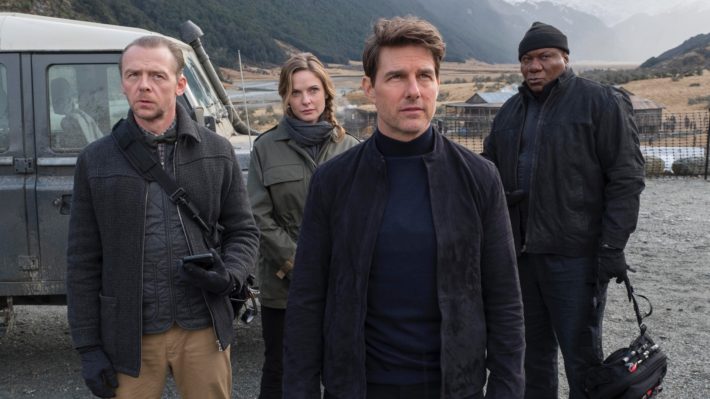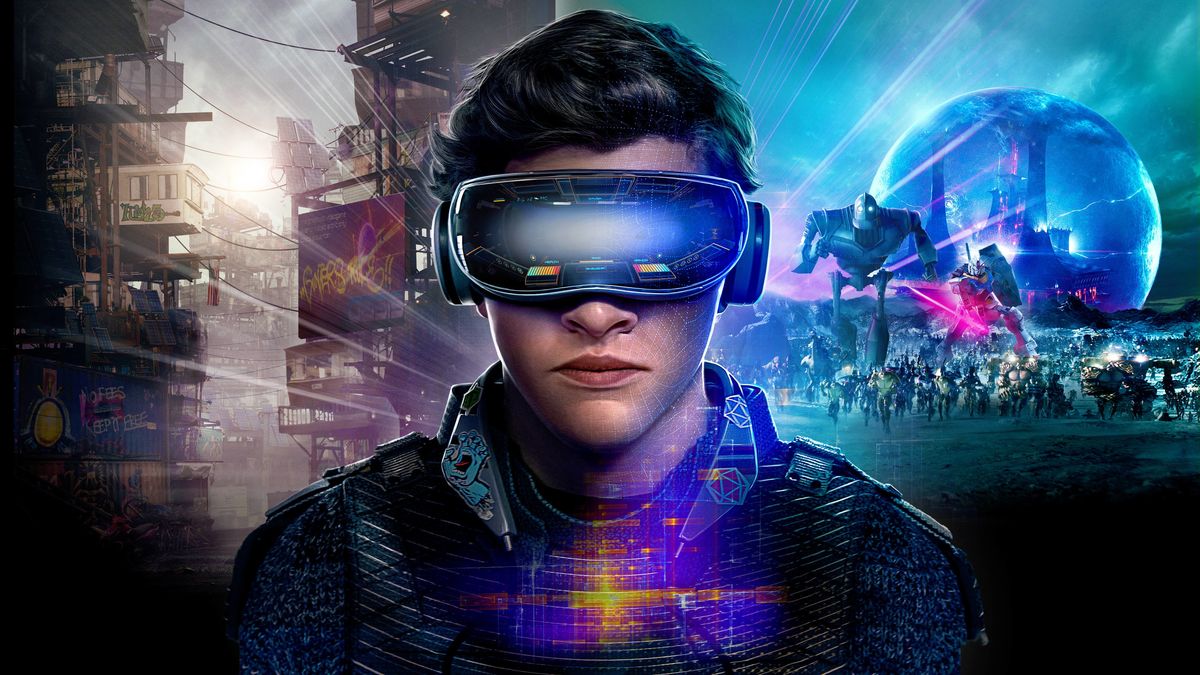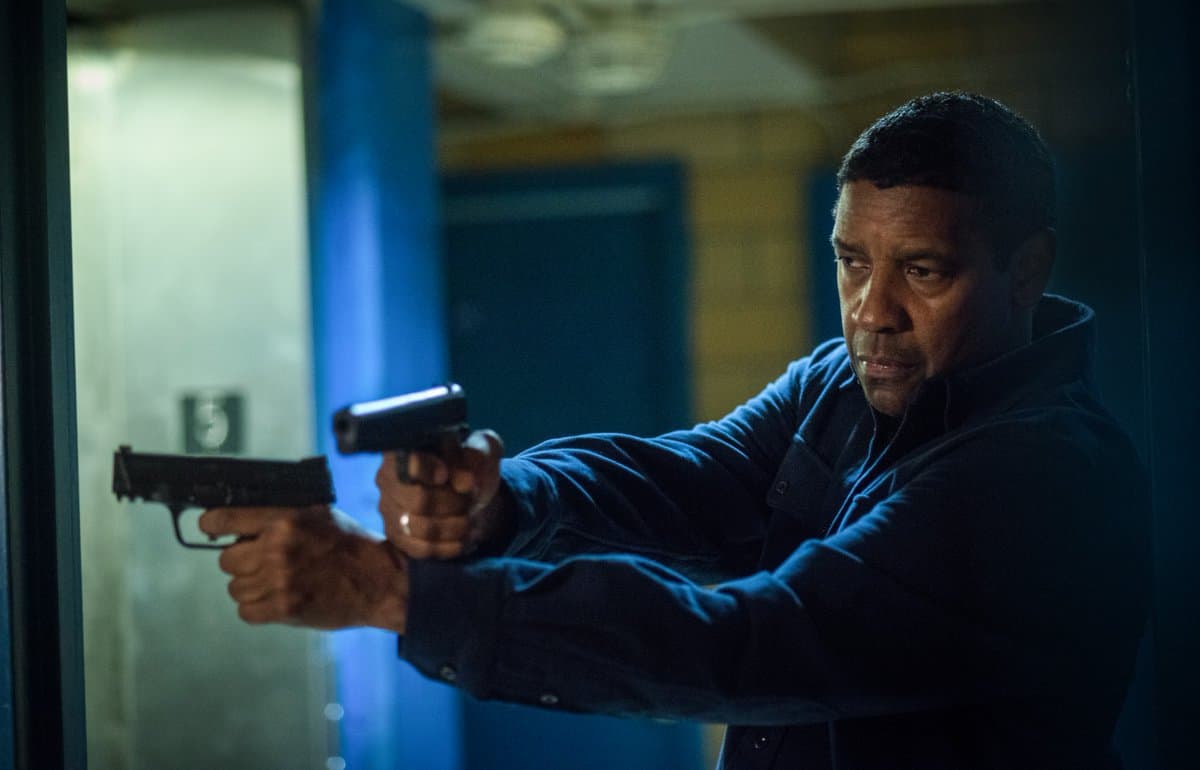Blindspotting
by George Wolf
A film with plenty of things to say and plenty of ways to say them, the biggest knock against Blindspotting might be timing.
It comes on the heels of Sorry to Bother You, sharing some of the same social concerns and brash exuberance, but sometimes wearing its message like an overly heavy coat.
The ambitious script is a promising debut for writers Daveed Diggs and Rafael Casal, who also star. Diggs (Tony and Grammy Award-winner for Broadway’s Hamilton) plays Colin and Casal (in his first feature) is Miles, two longtime buddies in Oakland working for a neighborhood moving company.
After a stint in county jail, Colin has three days left on his year-long probation, and is desperate not to F it up while hopeful he can maybe get back together with Val (Janina Gavankar). Just when it seems the hot-headed, unpredictable Miles will be Colin’s biggest threat to independence, fate comes calling.
Colin becomes the one eyewitness to a fatal police shooting, which forces him to re-evaluate everything, and everyone, in the life he wants to start over.
Director Carlos Lopez Estrada is also helming his first feature, and this rookie filmmaking trio finds a tighter bullseye than STBU‘s takedown of capitalism itself. Focusing on its two main characters and their longtime home, Blindspotting fires some sharply effective arrows toward police brutality, gentrification, racism, stereotypes and rap.
The director’s tone is sometimes a struggle, moving from stoner comedy a la Jay and Silent Bob to heavy drama and back again, and Estrada’s hand on a few of those dramatic moments can get heavy.
But by the time Diggs unveils the film’s soul in a showstopping, rage-filled finale, Blindspotting reaches a memorable height, becoming both an urgent social comment and an exciting filmmaking debut.









